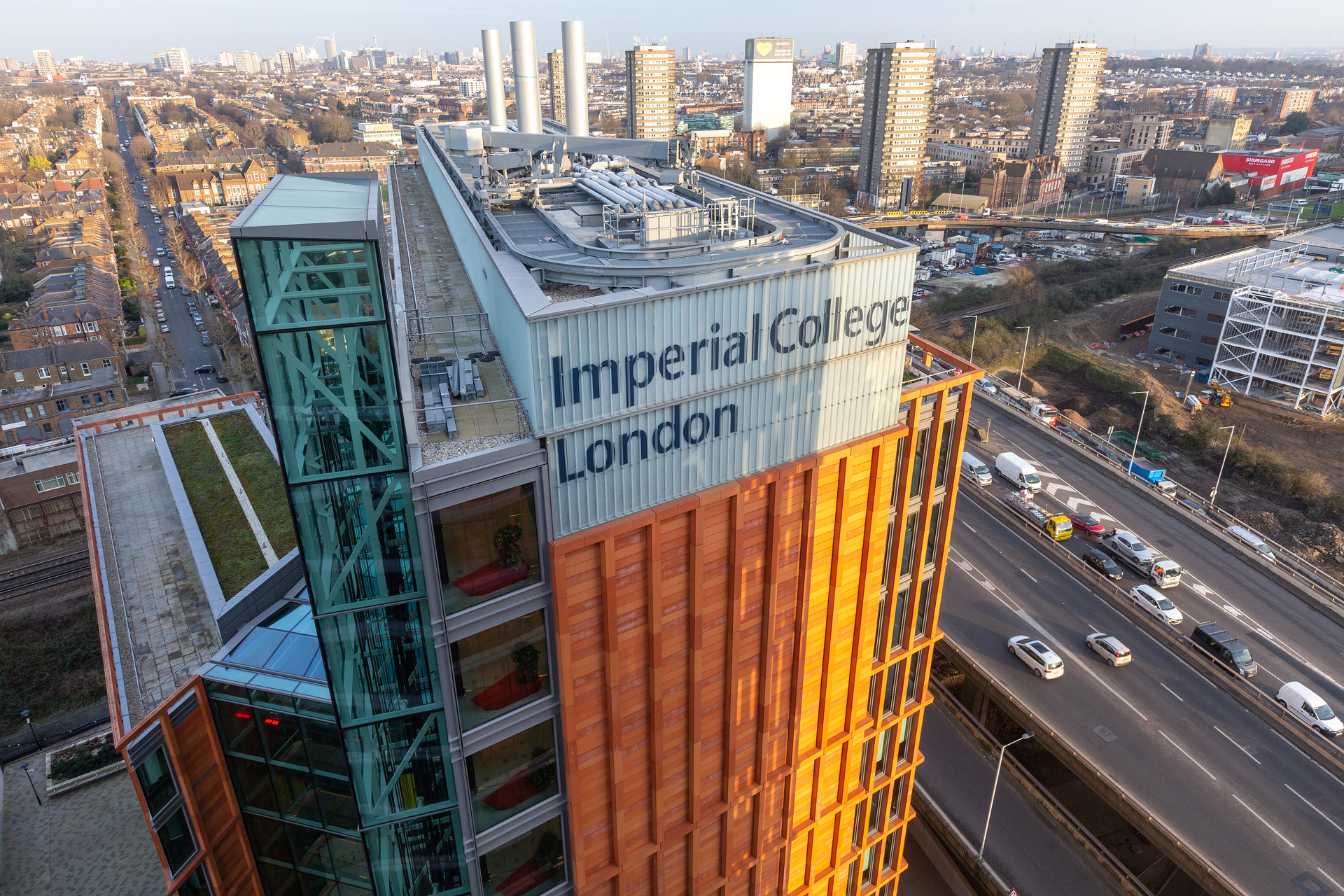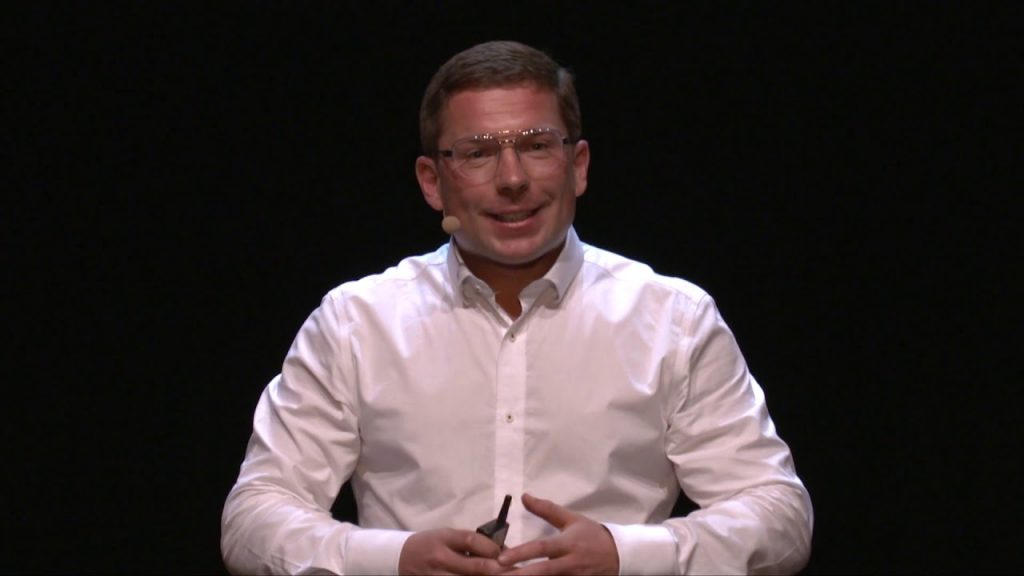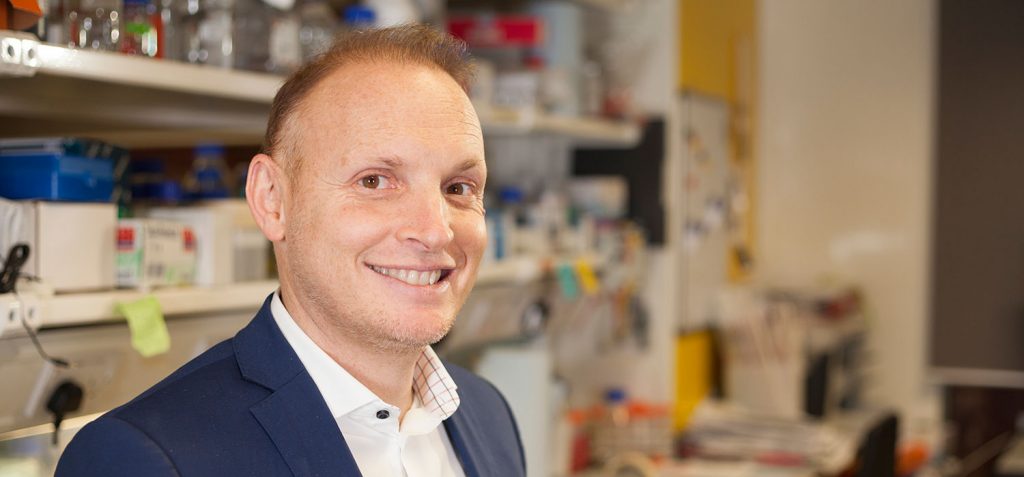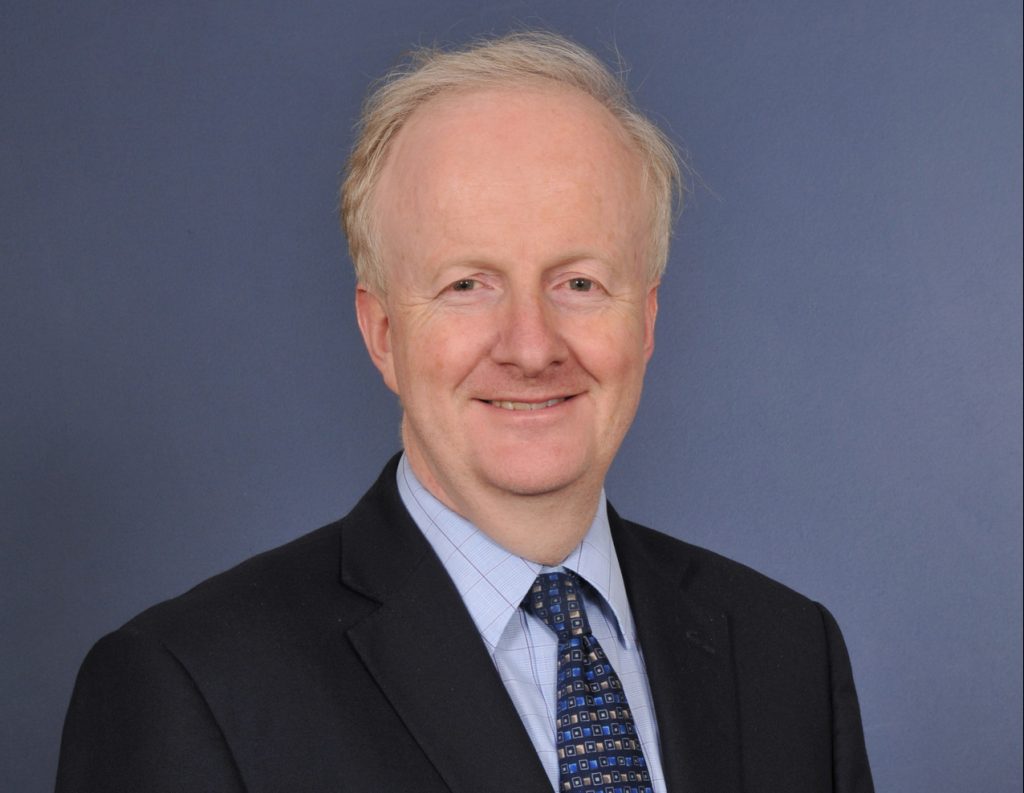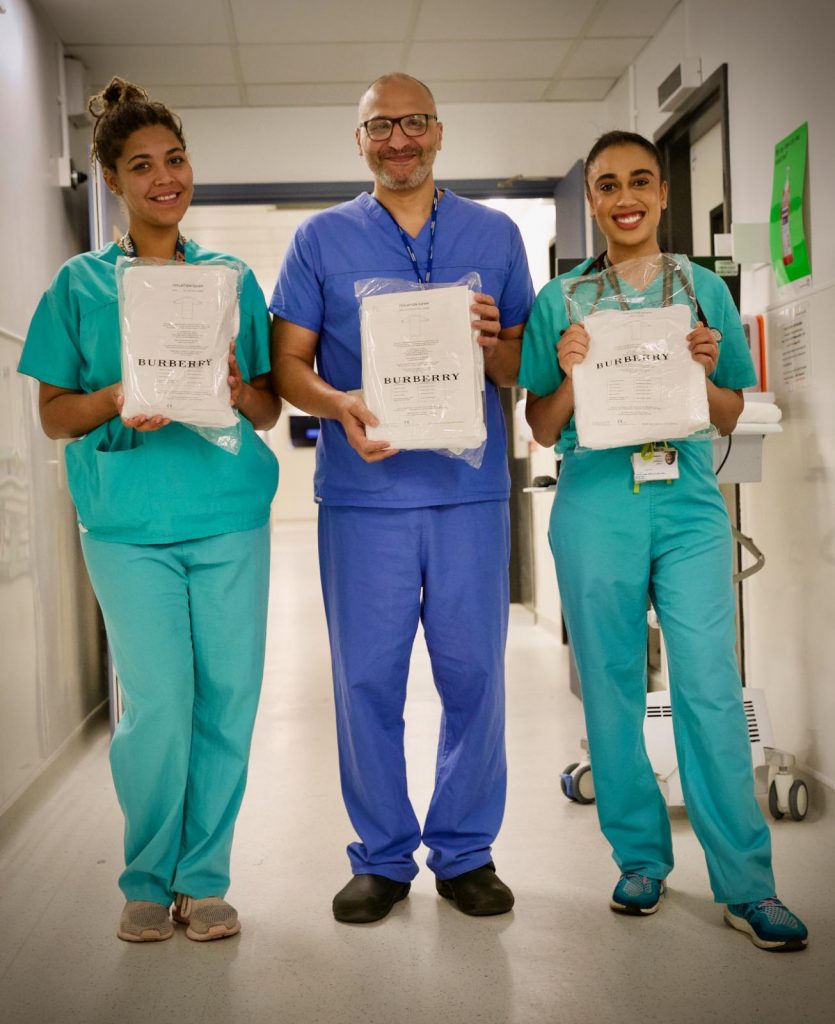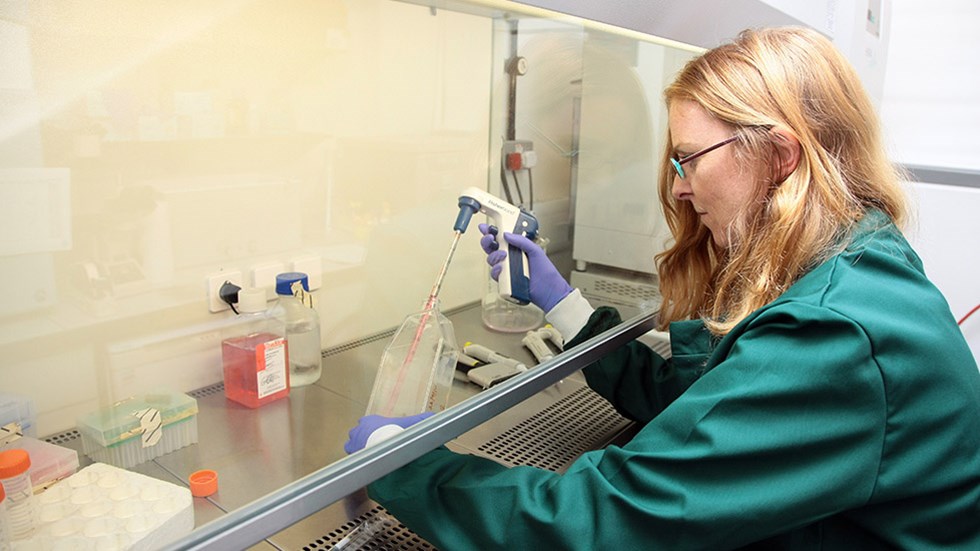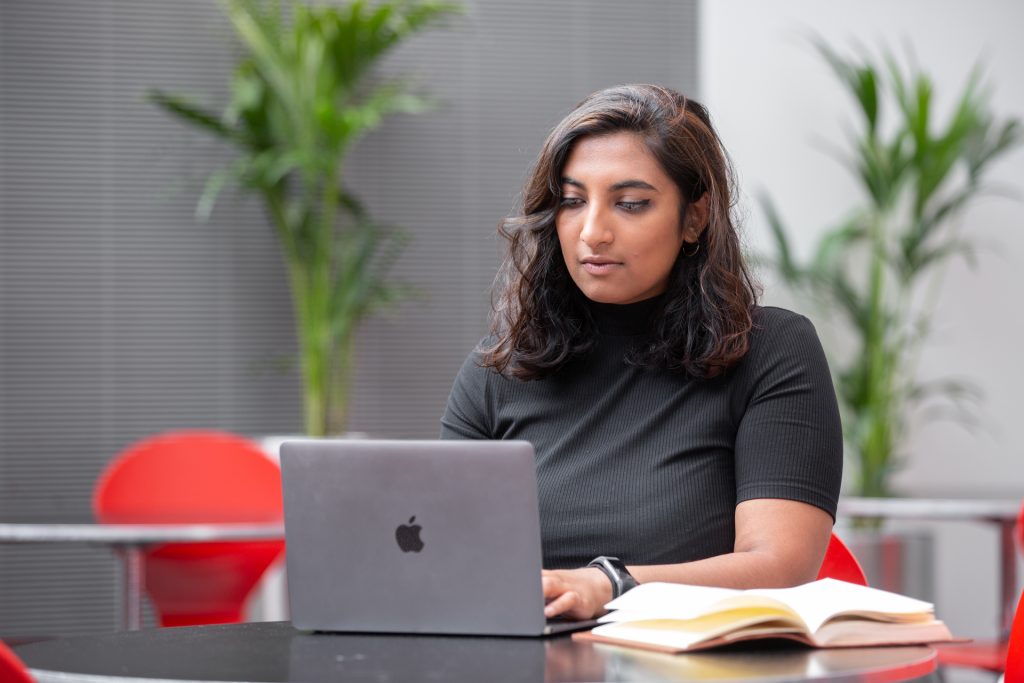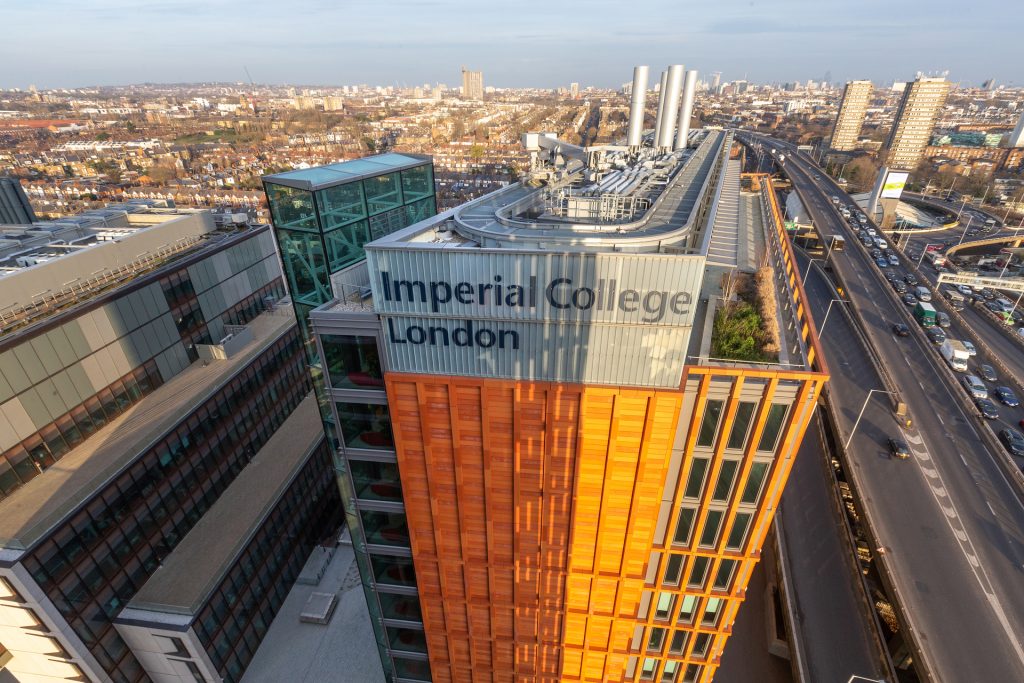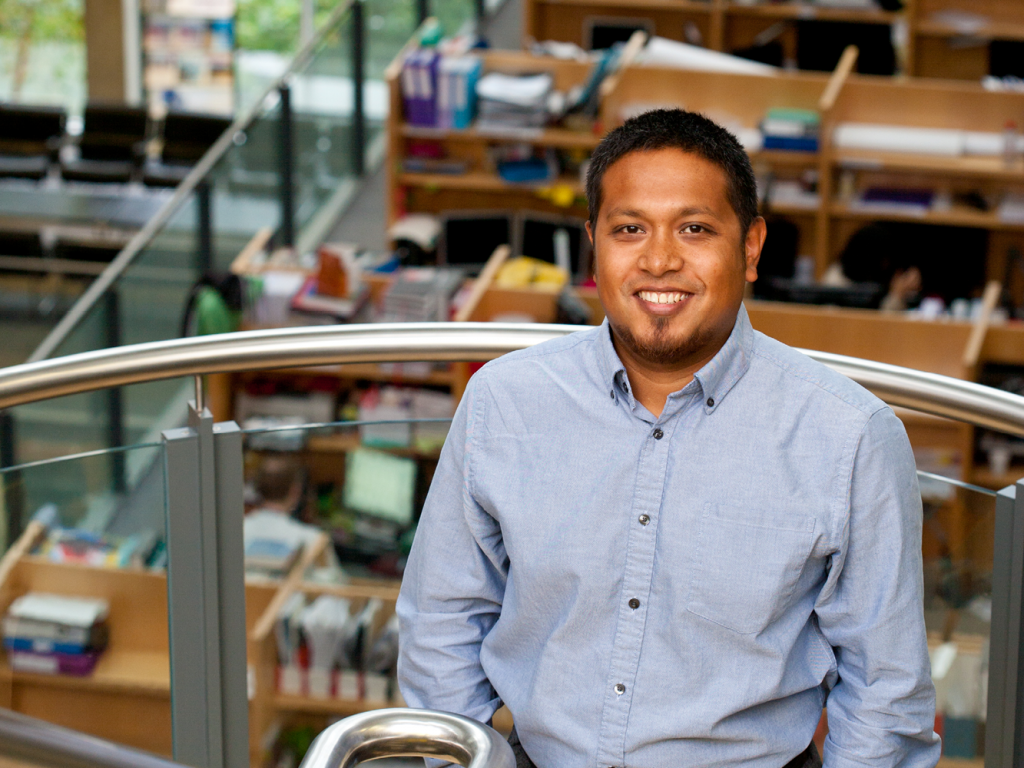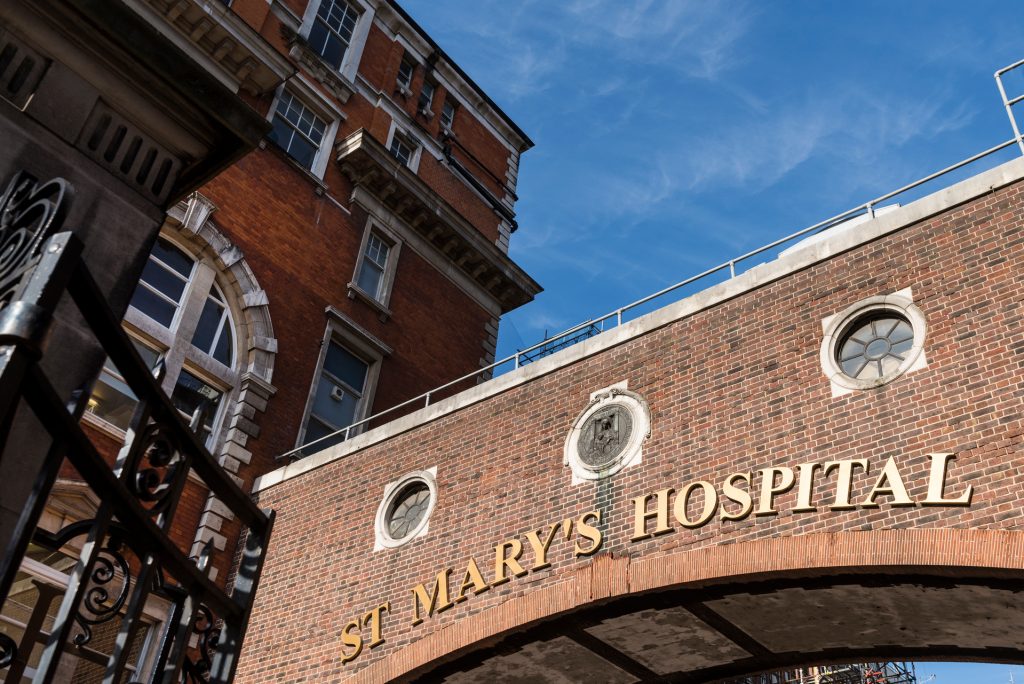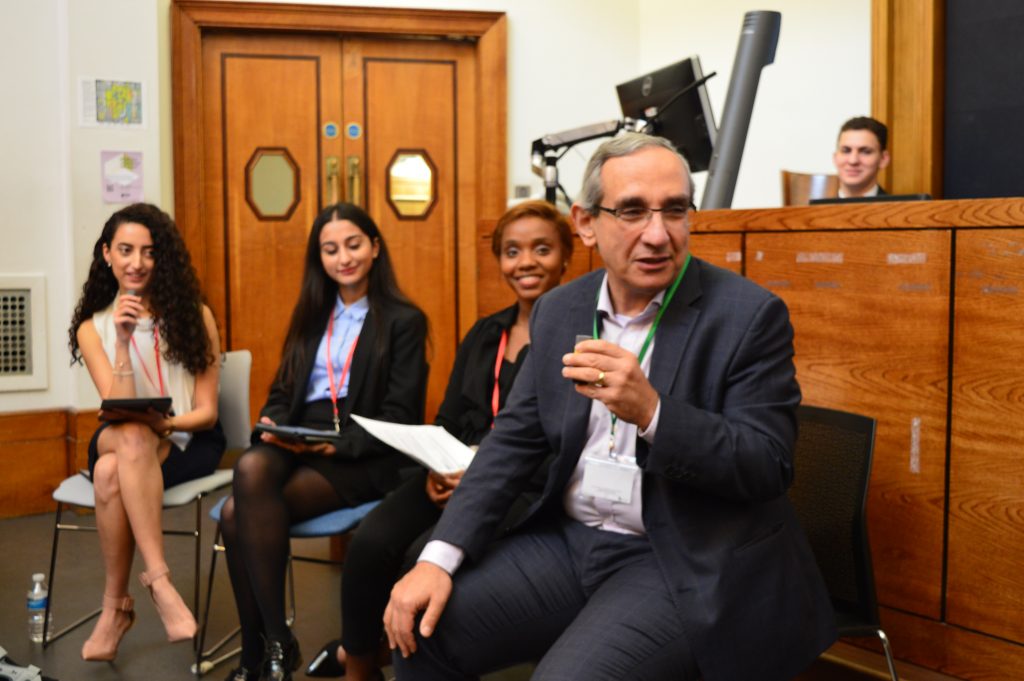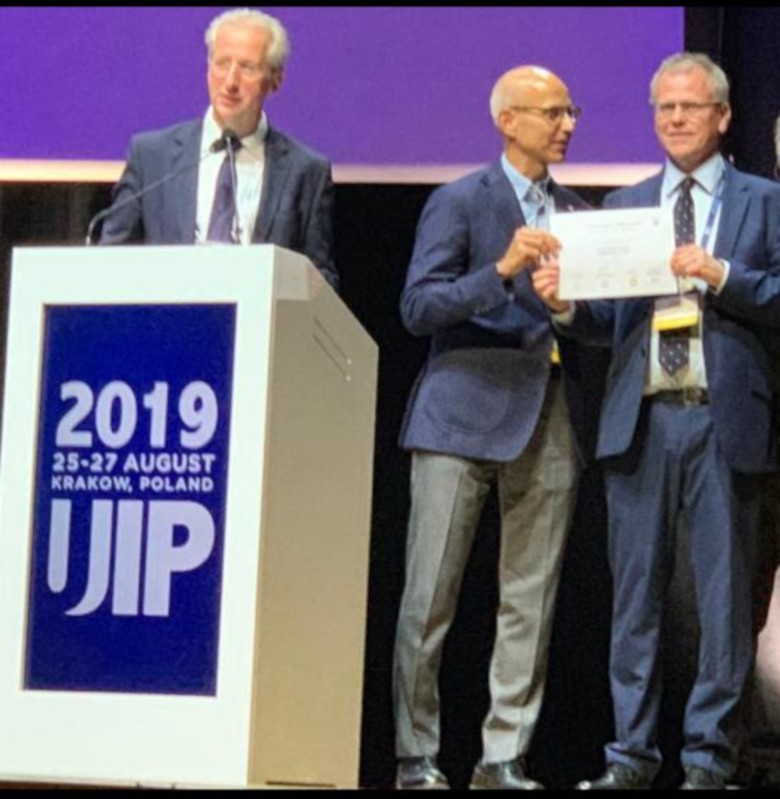
Well done to all Principal Investigators in the Department who have recently been awarded research grants. Here is our monthly round-up of funding successes.*
| Proposal Dept/Group | Infoed PI Name | Infoed Sponsor | Infoed Proposal Title | Infoed Awarded Value (£)** |
| Anaesthetics | Gordon, Professor Anthony | National Institute for Health Research | REMAP-CAP COVID extension | 664,559 |
| Global Health | Darzi, Professor Lord Ara | Mental Health Innovations | Research Programme on Mental Health Innovations Dataset | 60,002 |
** This is the total project value, including subprojects.
*Dude, where’s my grant? A disclaimer:
To ensure the quality and accuracy of the information published on this blog, we source our data directly from the College’s strategic reporting dashboards, relating to FoM. This means that, typically, we only include awards on this list which have been set up on the College’s grants management system, in accordance with the Joint Research Office’s policies and processes. As a result, there may be a delay in promoting some awards.

